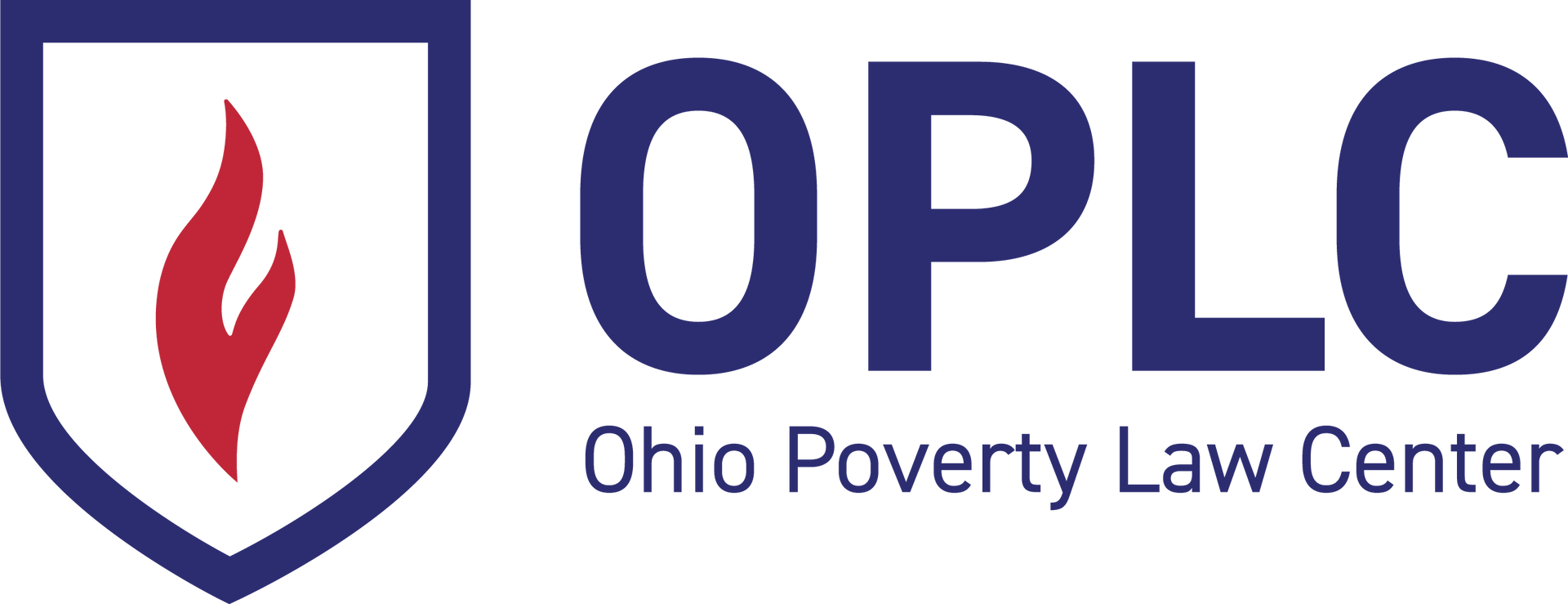COLLATERAL SANCTIONS BILLS WILL HELP OHIOANS GET BACK ON THEIR FEET
“You want to give people a chance and help them get their lives back”
– John Kasich, Governor of Ohio
Many advocates for the poor know what “collateral sanctions” are and how they impact our low-income client population, but many members of the general public might not realize what they are or how harmful they can be. The American Bar Association defines “collateral sanctions” as: “a legal penalty, disability or disadvantage, however denominated, that is imposed on a person automatically upon that person’s conviction for a felony, misdemeanor or other offense, even if it is not included in the sentence.”
In Ohio, this can mean everything from laws that prevent people who have been convicted of very serious violent crimes from working in fields where their criminal histories may put others at risk (for example, preventing people with child rape convictions from working with children) to rules and regulations preventing anyone with any kind of criminal conviction from working in various licensed fields (preventing, for example, someone with a 20 year old drug conviction from working as a hair stylist). More information about how this impacts Ohioans is here. For a complete list of the collateral sanctions Ohioans are subject to, the Office of the Ohio Public Defender maintains an online database of collateral sanctions, which can be accessed here.
Pending Collateral Sanctions Bills
Two identical collateral sanctions bills – House Bill 524 and Senate Bill 337 – have been introduced in the Ohio General Assembly. These bills are pending in the House Judiciary and Ethics Committee and the Senate Judiciary Committee, respectively. The legislation seeks to remove various barriers that ex-offenders face to obtaining employment and economic self-sufficiency. See the Legislative Services Commission analysis of each bill here and here. For more perspective on these bills, read the Ohio Justice and Policy Center‘s testimony in support of HB 524 here, and for news coverage, click here and here.
Why Is This Important For Poverty Law Advocates and The People They Serve?
Passage of this legislation will benefit Ohioans with prior criminal records by giving them greater freedom to work and benefit the Ohio economy. One in six Ohioans have criminal records, and this legislation will allow to become productive, tax-paying workers.
Here are some things these proposed bills would do that are particularly relevant to poverty law advocates:
- Remove employment barriers by reducing the number of disqualifying criminal offenses for eight occupations ranging from cosmetology to construction contractor and providing a legal mechanism for ex-offenders to seek relief from disqualifications resulting from other criminal convictions by requesting and Order of Limited Relief.
- Encourage employers to hire ex-offenders by protecting employers who hire people with Orders of Limited Relief from negligent-hiring liability.
- Increase judges ’discretion not to suspend drivers licenses in various non-driving cases and authorizes a court to award limited occupational driving privileges to a child support obligor whose driver’s license is suspended for nonpayment of child support.
- Create a rebuttable presumption against imputing income for child support purposes to a parent who is incarcerated or institutionalized for a period of 12 months or more with no other available assets.
- Establish a rebuttable presumption, in criminal cases, that a person is indigent in connection with the payment of a court fine, cost, or a fee if the person has an income that is equal to or less than the federal income poverty level.
- Expand the scope and number of offenses for which an ex-offender may seek to seal his record “not more than one felony conviction and not more than one misdemeanor conviction in this state [Ohio] or any other jurisdiction.”
- Modify the procedures for sealing juvenile records.
We hope you will join OPLC in supporting HB 524 and SB 337.
